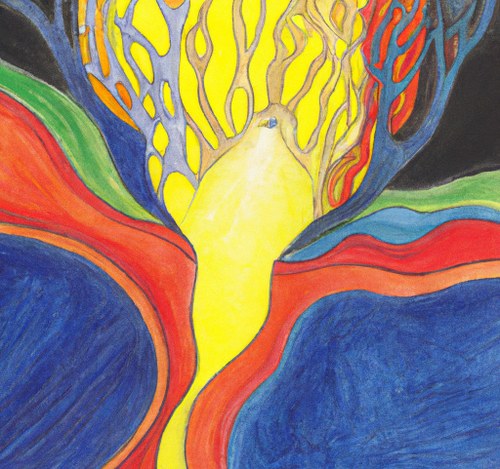
Shaken by the irruption of Gaia and the new climatic regime, the human condition on the planet seems to be going through a strange phase of "transition". A time contested and entangled, where the need to abandon a model based on growth struggles to produce a radical change.
The workshop aims to address the time of transition by combining theoretical reflections with a pragmatic and concrete approach, looking at the countless manifestations of the relationship between climate, its governance, new worlding practices and the transformations and inertia of the social orders.
What kind of climate regimes does this transition bring about? How do these regimes unfold, on what scales and according to which interests? Where do they come from? What entities do they mobilize, with what sensibilities and through what devices? What kind of political, technological, and natural entanglements are produced, and with what effects?
The workshop looks at the climate crisis not much as a punctual event and an emergency reduced to the present, but as a process that develops in a non-linear time, which redefines the policies of coexistence and the relations between life forms, prefiguring new social orders and timescapes.
The focus is on the new logics of "future-making" and on the ideas that guide - or deviate - the processes of adaptation and mitigation, the interests they carry, the knowledge infrastructures that support them.
The workshop involves scholars working at the intersection of critical theories, political ecology, philosophy and aesthetics, science and technology studies, history of science and history of ideas, proposing a critical reflection on the new climate regimes that includes (and is certainly not limited to) the following themes:
- Apocalypticism and post-apocalypticism
- Utopia and accelerationism
- Climate governance and climate governmentality
- Climate knowledge infrastructures
- Contributory wealth and worlding practices
- Anthropocene counternarratives and ecofeminism
- New temporalities, logics of the future and new sensibilities




